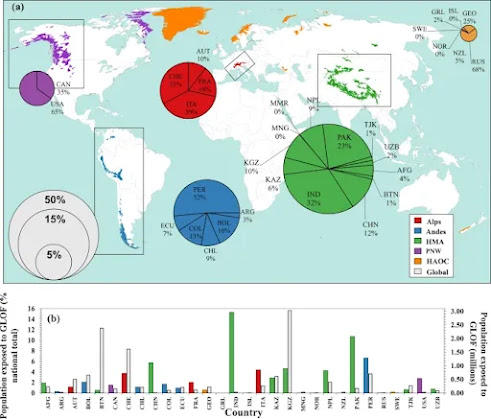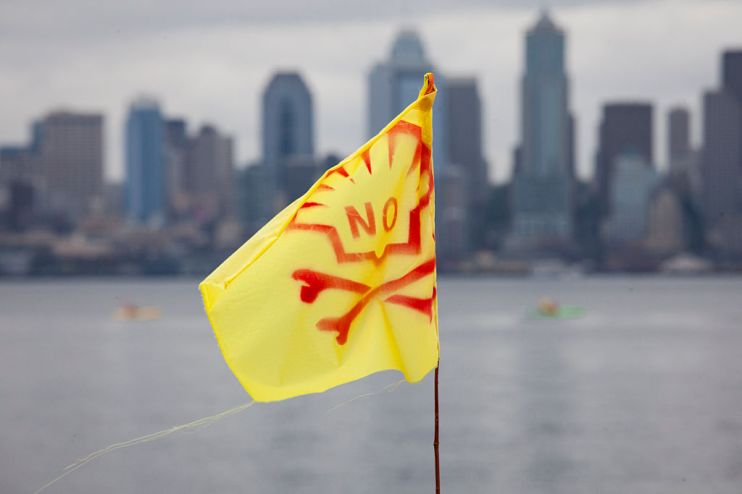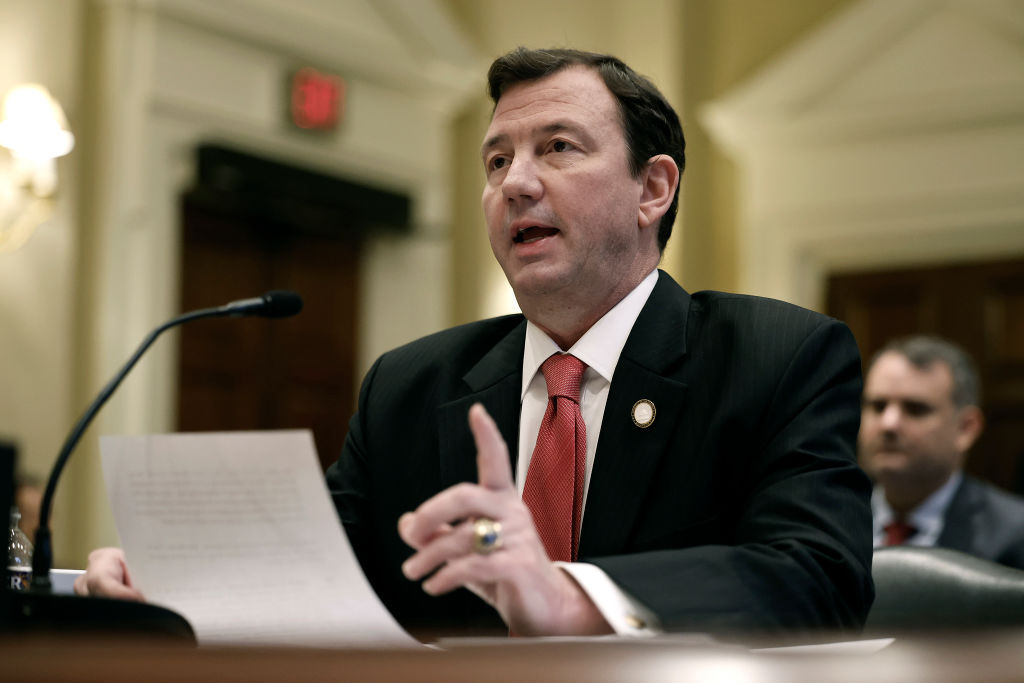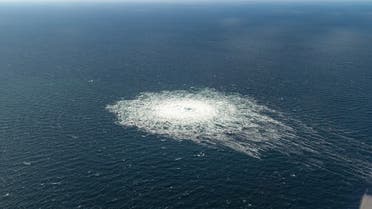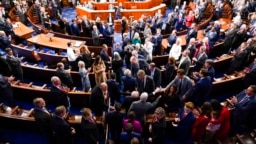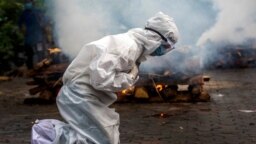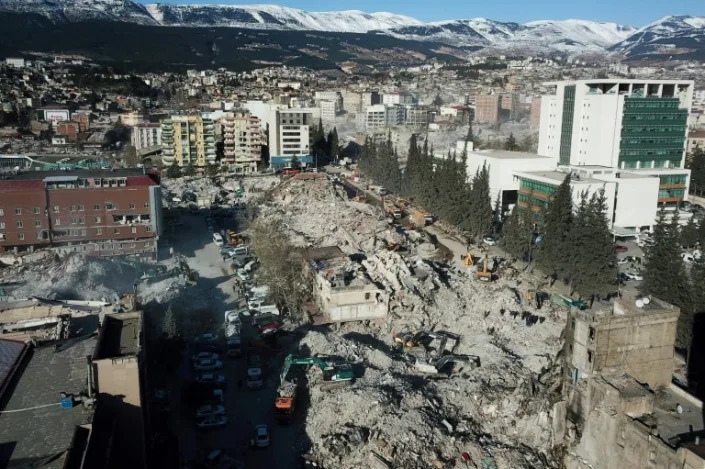China delivers aid supplies for earthquake relief in Syria, urges lifting of unilateral sanctions
By Global TimesPublished: Feb 14, 2023

Second shipment of humanitarian aid supplies provided by the Red Cross Society of China to Syria arrives in Damascus, Syria on February 13, 2023 local time. Photo: IC
A chartered plane carrying the Chinese government's first shipment of humanitarian aid supplies including first-aid kits for earthquake relief left Nanjing in East China's Jiangsu on Tuesday morning and is expected to arrive in Damascus, Syria, on February 15 local time, according to China International Development Cooperation Agency.
The supplies include 30,000 first-aid kits, 10,000 sets of cotton clothes, 300 cotton tents, 20,000 blankets and 70,000 adult pull-up diapers, as well as emergency medical equipment and supplies such as ventilators, anesthesia machines, oxygen generators and LED shadowless lamps.
In addition to supplies provided by the Red Cross Society of China to Syria that has arrived in Damascus, the second batch of humanitarian aid supplies has arrived in Damascus on Monday local time.
The supplies included cotton tents, relief kits for families, thermal outdoor jackets and other living supplies as well as medicines and other medical supplies urgently needed in the disaster area, which can benefit more than 10,000 people affected by the disaster.
Nearly a week since the most devastating earthquakes in recent history, rescuers in Turkey and Syria were searching for signs of life in freezing temperatures as the death toll surpassed 33,000.
The United Nations aid chief Martin Griffiths on Sunday said in a post on Twitter that international help has "failed the people in northwest Syria," where more than 12 years of civil war have resulted in a complex political situation.
Zhang Jun, China's permanent representative to the United Nations, on Monday called for an immediate lifting of unilateral sanctions by the countries concerned to return the "hope of survival" to children in countries like Syria.
Zhang pointed to the "harsh reality" at the UN Security Council Briefing on Children and Armed Conflict, saying that unilateral sanctions are decimating the economic foundations and development capacity of the countries affected, robbing many children of their right to development and right to survival, which are the most fundamental of all rights.
In the aftermath of the powerful earthquake in Syria, the unlawful unilateral sanctions have led to a severe shortage of heavy equipment and search and rescue tools, raising grave concerns that many children under the rubble may have perished as a result of untimely rescue or insufficient rescue capacity, Zhang said.
"We urge the countries concerned to lift all their unlawful unilateral sanctions immediately without conditions, not to become accomplices to the natural disaster, not to rob Syrian children of their hope of survival, and desist from their hypocritical political grandstanding," he said.
Zhang said children are the most innocent group and the most vulnerable victims in armed conflict, and stressed that conflict prevention and resolution must be the primary and ultimate means of protection.
The envoy highlighted the needs to seek political solutions to resolve conflict, and invest more efforts in negotiation, good offices, and mediation, instead of resorting to sanctions and other coercive measures, much less fanning the flames or adding fuel to the fire, which would only serve some parties' self-interests by prolonging and spreading conflicts.
To have that peace, it is imperative to act in accordance with the purposes and principles of the UN Charter in good faith, and that entails respecting other countries' sovereignty and territorial integrity, refraining from interference in their internal affairs, opposing maneuvers aimed at government change, and opposing the practice of creating chaos and exporting unrest in the name of counterterrorism or democracy, Zhang said.
To have that peace, it is imperative to uphold true multilateralism, strengthen dialogue and cooperation, work together to build the architecture of common security, and unequivocally reject and oppose unilateralism, the Cold War mentality, bloc politics, and confrontation between "us and them," Zhang added.
The rule of law must be the fundamental guidance for prevention, Zhang said, adding that "supporting children's development must be the overarching direction of our endeavors."
"To effectively prevent violations against children, we must enhance the spirit of rule of law, and put into practice the requirements of international law on the protection of children in armed conflicts," he said.
"The UN must coordinate humanitarian and development resources in a way that prioritizes the eradication of poverty, zero hunger, universal education, and physical and mental health in its work to protect children," Zhang added.
Zhang urged "the last country in the world" that has not ratified the United Nations Convention on the Rights of the Child to act without delay, "so that this vital Convention can truly achieve universal coverage."
The US is the only country unwilling to ratify the UN Convention on the Rights of the Child.
Global Times
